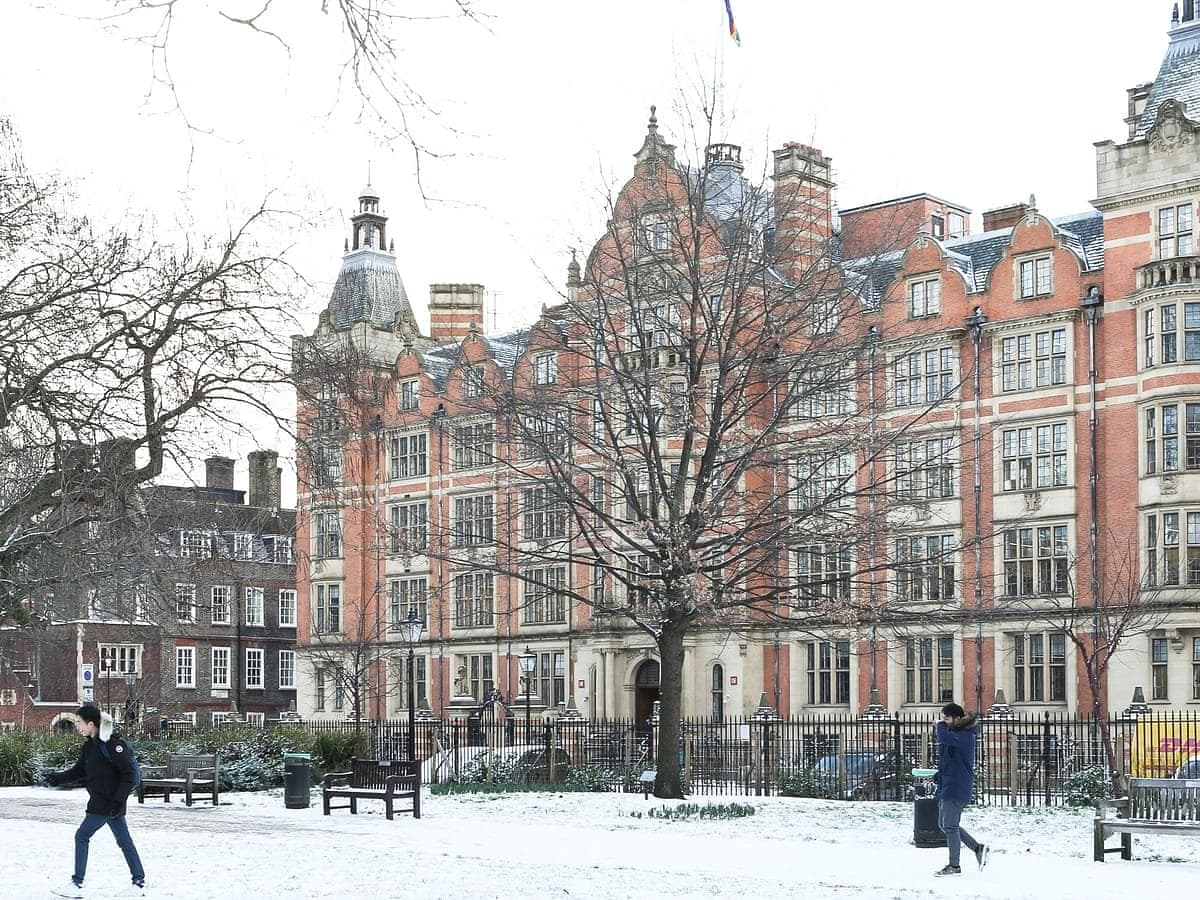The degree involves studying courses to the value of 12 units over three years, plus LSE100.
First year
In the first year you will take two compulsory philosophy courses, two compulsory politics courses, and will take LSE100.
(* denotes a half unit course)
Introduction to Logic*
Introduces the basic system of modern formal logic, including propositional logic, predicate logic and the theory of identity.
And one of the two below options:
Intermediate Logic*
Historical and Global Perspectives*
The Big Questions: An Introduction to Philosophy
Provides an introduction to analytical philosophy by using classic and contemporary texts to study a selection of philosophical problems.
Introduction to Political Theory
Examines the foundations of Western political thought, followed by modern political theory.
Introduction to Political Science
Examines the comparative analysis of a range of political phenomena, including the forms of states and regimes, theories of elections and voting, political ideologies, the causes and consequences of democracy, and the management of the economy.
LSE100*
A half unit, running across Michaelmas and Lent Term in the first year, LSE100 is compulsory for all LSE undergraduate students, and is designed to build your capacity to tackle multidimensional problems through research-rich education.
Second year
In the second year you will choose between a range of philosophy and government optons, depending on your previous course selection./
One government option
Either
Philosophy, Morals and Politics
Concerned with the ethics of harming and saving from harm, as well as moral philosophy and the topic of justice.
Or
Contemporary Political Theory
Provides an advanced introduction to contemporary political theory.
Either
- Philosophy of the Social Sciences
- Deals with philosophical issues concerning the nature of social scientific theory and its applications.
Or
Philosophy of Science
Explores the different traditions in the philosophy of science.
Either
Philosophy of the Social Sciences
Deals with philosophical issues concerning the nature of social scientific theory and its applications.
Or
Philosophy of Science
Explores the different traditions in the philosophy of science.
Or
Scientific Revolutions: Philosophical and Historical Issues
Examines a number of fundamental issues in philosophy of science, as they arise from instances of important theory-changes (so-called revolutions) in the history of science.
Or
Scientific Method and Policy
Looks at evidence, the relationship between scientific and policy aims and the role of the scientist as policy adviser.
Or
Another government option
Or
Another philosophy option
Third year
In the third year, you will have the opportunity to take more advanced courses in both political science and philosophy. You will have the choice of completing a dissertation in philosophy, or in government, and can take outside options.
Philosophy and Public Policy
Offers critical reflection on the design and evaluation of public policies from the perspective of moral and political philosophy.
Government options to the value of one unit
Either
One government option
Or
One philosophy option
Or
One approved outside option
Either
One government option
Or
One philosophy option
Or
Government Dissertation
Or
Dissertation in Philosophy
Or
One approved outside option
